New DAC7 regulation for platforms in Europe
The new European DAC7 legislation requires platforms to report to local tax authorities about their users. Despite not applying the principle of data minimization for this new legislation, the legislation almost passed the senate as a formality. I wrote an opinion piece on this in the Dutch national newspaper Trouw.
What is the DAC7 regulation?
DAC7 is a European regulation that must be transposed into local legislation in all European states. The legislation has come into effect by January 1st, 2023, and all platforms must comply.
The purpose of the new legislation is to report selling users of digital platforms to local tax authorities, who will then pass it on to other tax authorities. This will help prevent tax evasion. The need for this legislation arose because more and more people were renting out their homes on AIRBNB, but did not report this income in their tax returns.
When must a user be reported?
If a seller on a digital platform makes more than 30 transactions or sells for more than 2,000 euros, they must be included in the DAC7 reporting. A large amount of information of these users must then be included, such as name, address, place of residence, date of birth, but also the tax number (Tax Identification Number). For consumers in the Netherlands, this is their citizen service number (BSN).
If a property is rented out, then the cadastral reference number of the property in question must also be reported, as well as the number of days (nights) it was rented out.
As a platform, how can I comply with the DAC7 regulation?
Platforms do not normally collect the specific information about users that is now requested. Nor should they do so at all from a privacy perspective. After all, data minimization and privacy first are the guiding principles. However, a lot of this data is collected for OPP's payment services. OPP can therefore support platforms in complying with the DAC7 regulation. By reusing the data OPP already collects for its services, the platform can more easily comply with the DAC7 regulation and also does not have to request and store this data itself.
OPP's DAC7 services
DAC7 reporting cannot be completed entirely directly from OPP. This is because we currently assume that we therefore also need to collect the BSN number (and the local TIN number for all foreign sellers). We do not normally collect that information.
OPP is going to modify its systems to also collect and verify the TIN number of users. We will also make adjustments so that a cadastral reference number can be reported per transaction in an established format. The number of nights can also be added in this format if it involves real estate. In addition, OPP will set up the reports so that they can also be prepared and delivered by OPP.
Timelines
Because the legislation has gone into effect on January 1st, 2023, the first report has to be done in Q1 of 2024. This means OPP will start making the necessary technical adjustments in the coming period. Also, our sales team will make a proposal for DAC7 services for each platform. If a platform wishes to purchase this service from OPP, a plan of action will be drawn up, including the technical changes the platform will need to make.

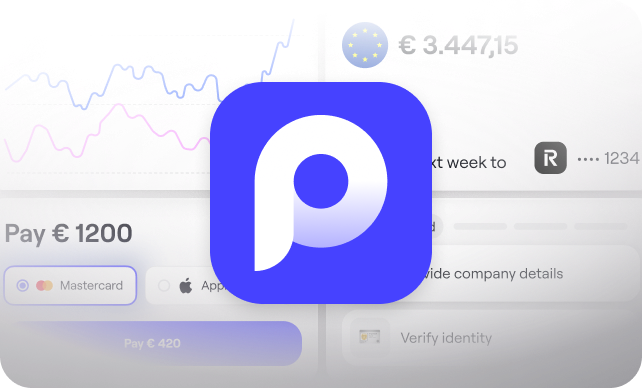
.svg)
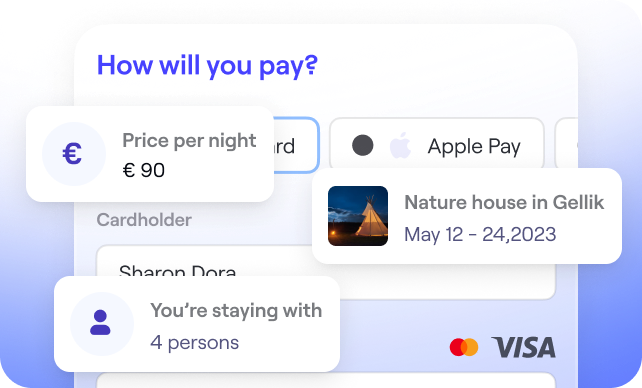


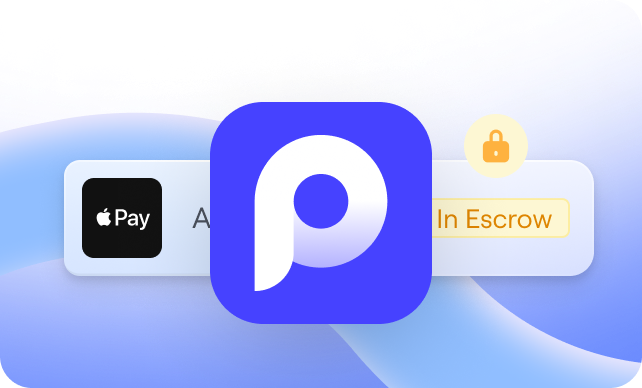

.svg)
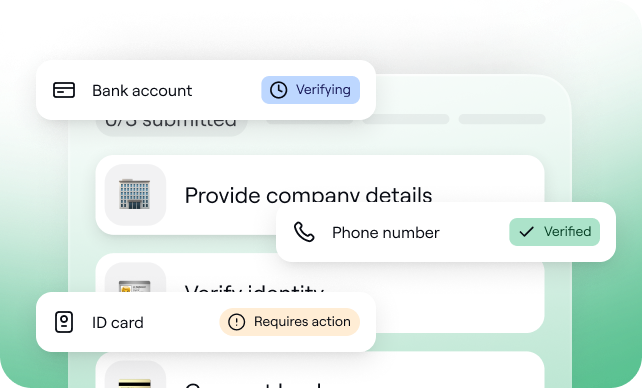
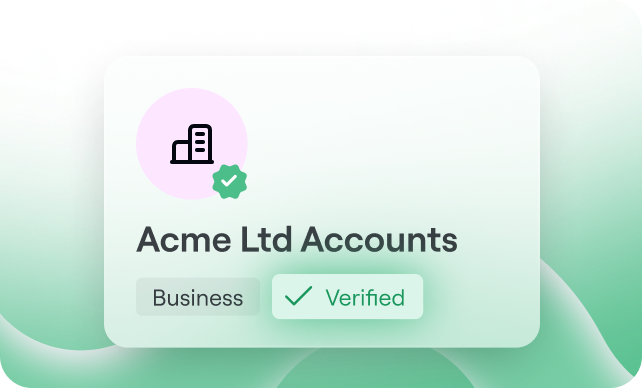

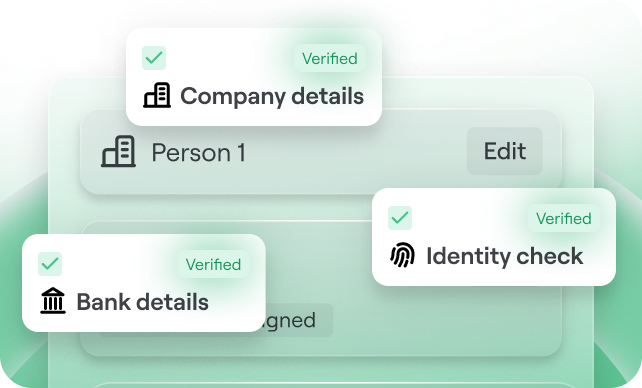
.svg)
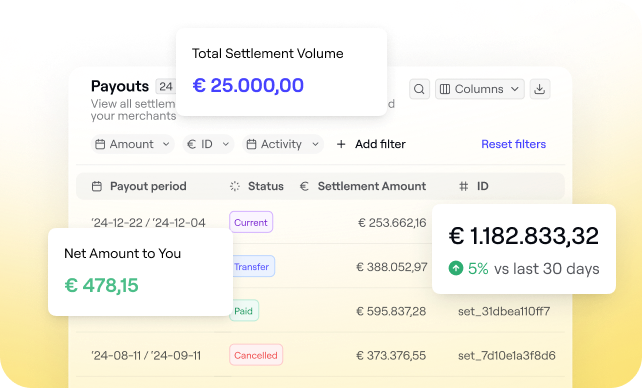
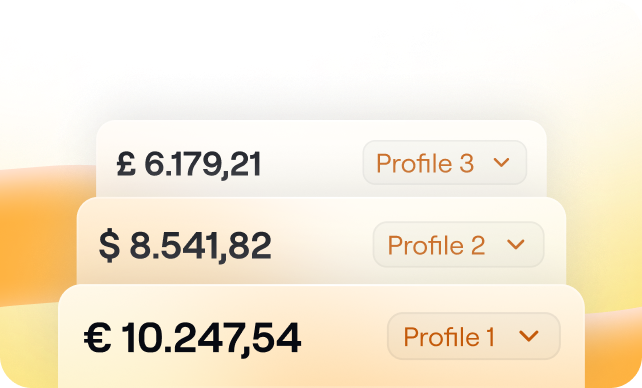

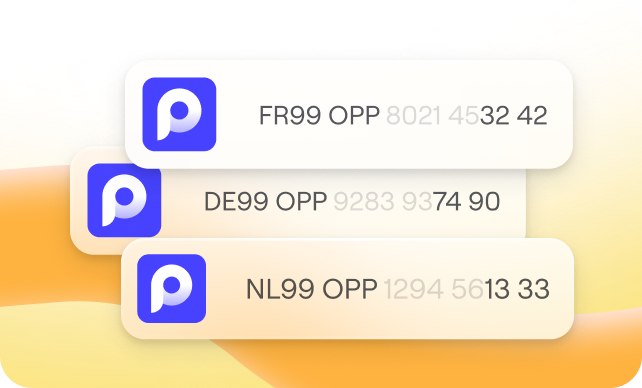
.svg)
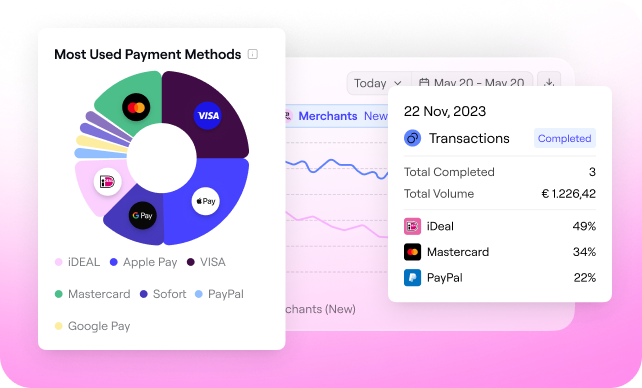
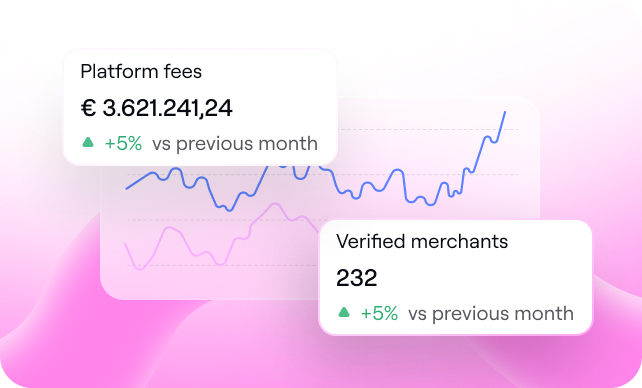
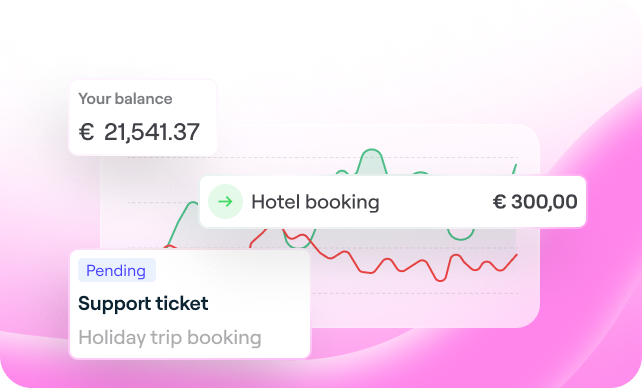
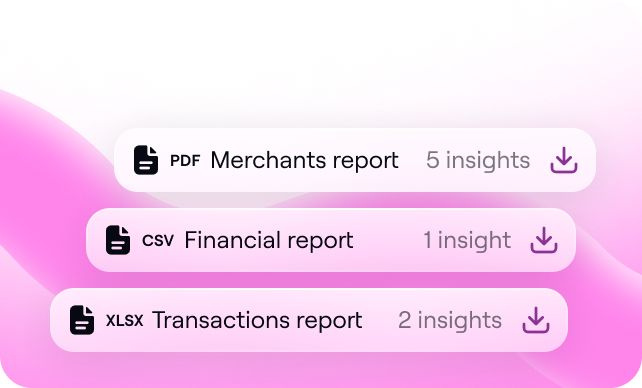
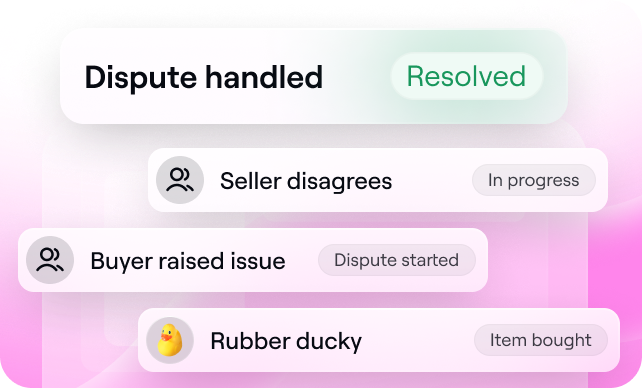






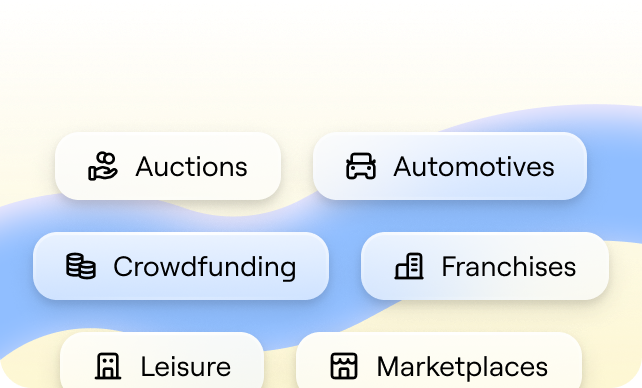
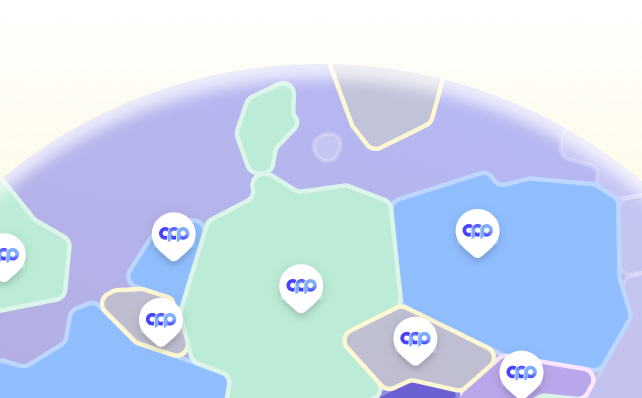





%20(1).png?width=1300&name=Copy%20of%20Copy%20of%20Blog%20post%20(1620%20x%201080%20px)%20(1).png)



.png)
.png?width=75&height=51&name=Worldline%20(2).png)